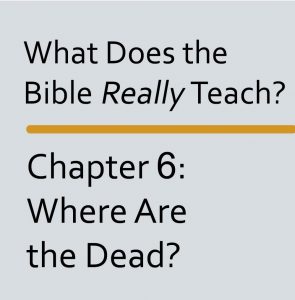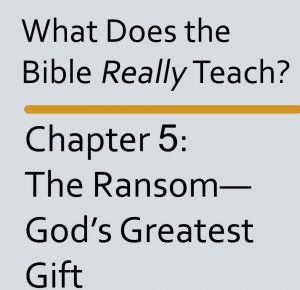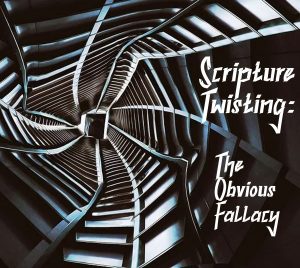Luke 16:19-31 (RSV):
19 “There was a rich man, who was clothed in purple and fine linen and who feasted sumptuously every day. 20 And at his gate lay a poor man named Lazarus, full of sores, 21 who desired to be fed with what fell from the rich man’s table; moreover the dogs came and licked his sores. 22 The poor man died and was carried by the angels to Abraham’s bosom. The rich man also died and was buried; 23 and in Hades, being in torment, he lifted up his eyes, and saw Abraham far off and Lazarus in his bosom.
24 And he called out, `Father Abraham, have mercy upon me, and send Lazarus to dip the end of his finger in water and cool my tongue; for I am in anguish in this flame.’ 25 But Abraham said, `Son, remember that you in your lifetime received your good things, and Lazarus in like manner evil things; but now he is comforted here, and you are in anguish. 26 And besides all this, between us and you a great chasm has been fixed, in order that those who would pass from here to you may not be able, and none may cross from there to us.’
27 And he said, `Then I beg you, father, to send him to my father’s house, 28 for I have five brothers, so that he may warn them, lest they also come into this place of torment.’ 29 But Abraham said, `They have Moses and the prophets; let them hear them.’ 30 And he said, `No, father Abraham; but if some one goes to them from the dead, they will repent.’ 31 He said to him, `If they do not hear Moses and the prophets, neither will they be convinced if some one should rise from the dead.'”


 In order to get through to Jehovah’s Witnesses on some points, it’s necessary to discuss some fairly long Bible passages with them. This is particularly so when we need to show Witnesses the full context of some of their favorite proof texts.
In order to get through to Jehovah’s Witnesses on some points, it’s necessary to discuss some fairly long Bible passages with them. This is particularly so when we need to show Witnesses the full context of some of their favorite proof texts. The “obvious fallacy” occurs when “words like absolutely, undoubtedly, certainly, it is only reasonable to conclude and so forth are substituted for logical reasons.”
The “obvious fallacy” occurs when “words like absolutely, undoubtedly, certainly, it is only reasonable to conclude and so forth are substituted for logical reasons.”